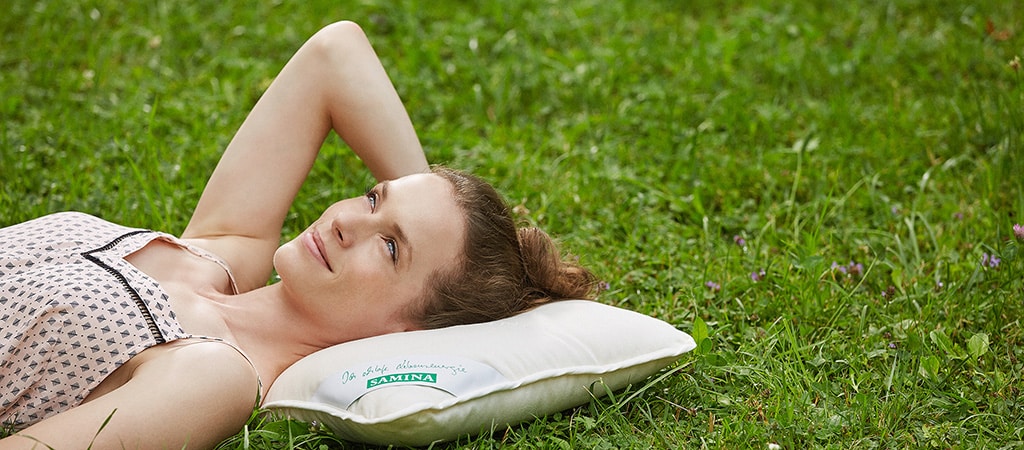Cortisol is a so-called glucocorticoid, produced in the adrenal cortex which is reacting on physical as well as mental stress. As soon as our system registers “stress” production and release of cortisol are increased. To ensure an appropriate reaction things that are not vital during a stressful situation are withdrawn energy, like reproduction or immune system, for example. On the other hand, cortisol stimulates production of glucose in the liver as well spreading of stored glucose. At the same time, cortisol inhibits insulin from doing its task (intake of glucose into the cells). Result: a lot of glucose is swimming in our blood. Good and necessary when there is following some kind of action to stress, bad when we just remain sitting there and brood or even increase stress.
As mentioned, a too high cortisol level is also impairing our immune system. There is a reason why we often get sick after an especially stressful time. Most of us know one or the other: head ache after a week of intense work, a cold when the mental burden is prevalent. The blood pressure increases, the metabolism is disturbed and ravenous appetite arises. Due to the shutdown of reproduction testosterone production is lowered, the growth of muscles and bones disturbed.
Originally the effects of cortisol on our body are meant to be short term – just long enough to cope with the stressor. Due to the demands of modern life we constantly are at the mercy of a stressor. Once the cortisol level is too high over a longer period of time and a correspondent compensation in form of moderate physical activity (Be careful! Interrupt performance pressure and don’t demand maximum performance here as well!) is missing endogenous regulators are broken through – the complete balance of the hormonal system in the adrenal cortex is disturbed and all of a sudden we lack cortisol – tiredness and exhaustion are a direct consequence.
Break the vicious circle
Synthesis and release of cortisol are strongly connected with natural cycles which are associated with circadian rhythms. The so-called stress hormone increases in the morning until it reaches its peak at about 08.00 a.m. In the course of the day the cortisol level continuously decreases. The low cortisol level in the evening and night support falling asleep and sleeping through, the increasing cortisol level in the morning supports waking up as well as getting up full of energy.
When production and release of cortisol function so perfectly the most important natural process for physical and mental recovery is supported: our sleep. Healthy and restful sleep directly counteracts all negative influences of an unbalanced cortisol level: insulin resistance, high blood pressure, immune system, overweight etc.
More often, the situation is like this: during the night while we are trying to sleep, too much cortisol is produced and sleep becomes nearly impossible; in the morning on the other hand we have too few cortisol at our disposal and getting up becomes even harder.
Therefore take care that your cortisol level is balanced by focused physical activity and recurring breaks and make every effort to create perfect pre-conditions for a healthy, restful sleep. Like this you will enjoy the results of a successful and balanced life to the full!
Receive further information in our sleep-healthy-guidebook “sleep yourself young, fit and successful”, free of cost.
Image source: @shutterstock


This post is also available in / Diesen Beitrag gibt es auch in:


Leave a Reply